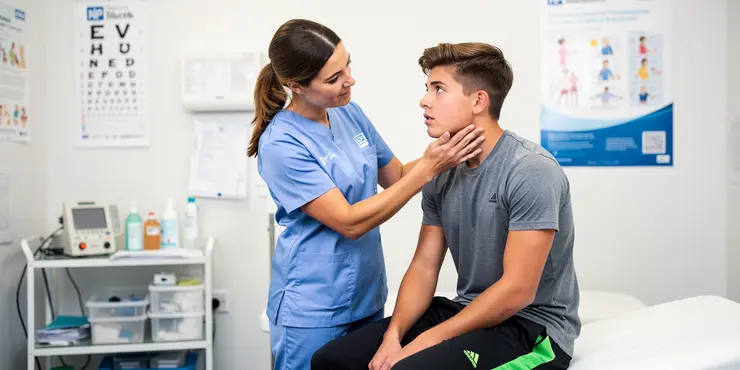
Find Help
More Items From Ergsy search
-
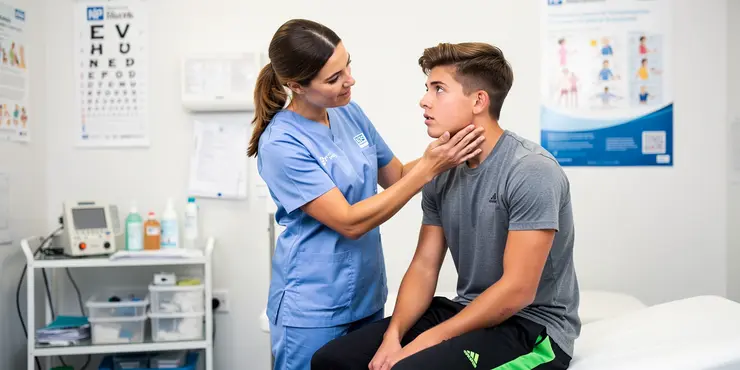
Can concussions occur without a direct blow to the head?
Relevance: 100%
-
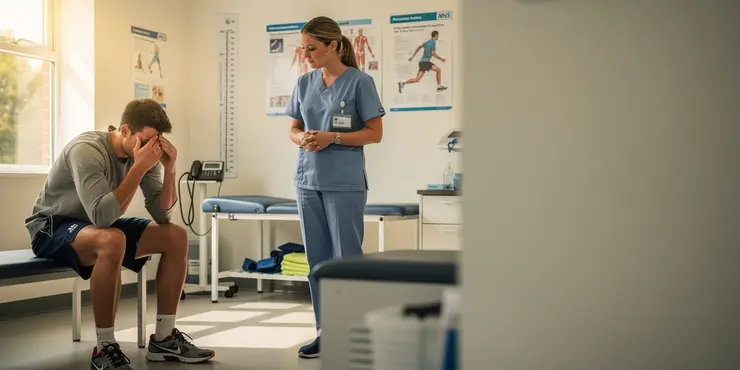
What is Concussion?
Relevance: 52%
-

Is headache a symptom of a concussion?
Relevance: 47%
-
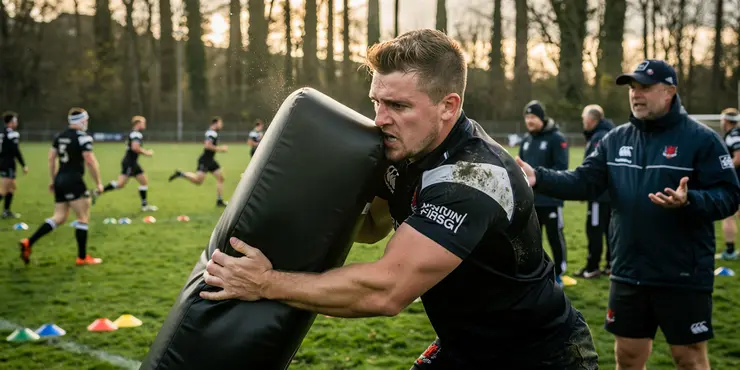
What causes concussions in rugby?
Relevance: 47%
-

How is a concussion diagnosed?
Relevance: 46%
-
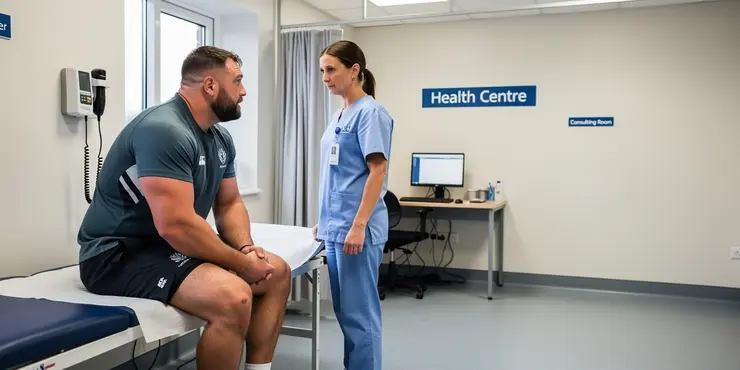
Are Concussions common in Rugby?
Relevance: 44%
-
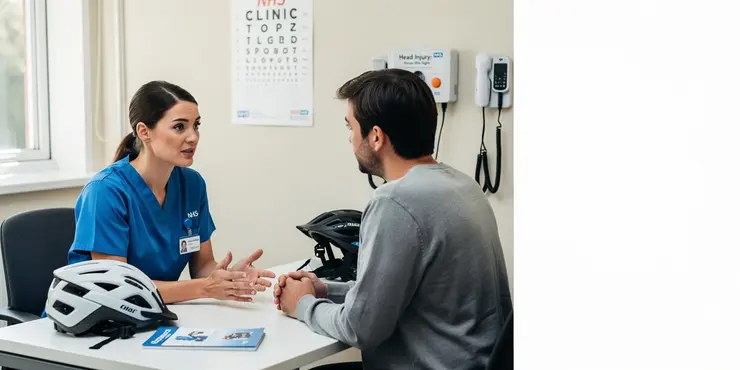
Is there any way to prevent concussions?
Relevance: 43%
-
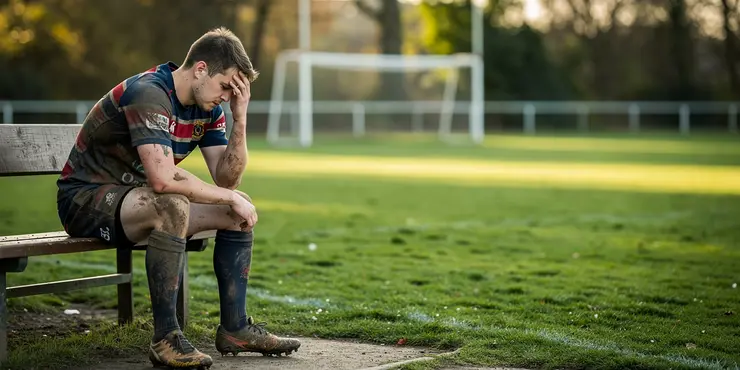
Can playing sports increase the risk of a concussion?
Relevance: 43%
-

Is it safe to sleep after a concussion?
Relevance: 42%
-

How do concussions impact long-term health in rugby players?
Relevance: 40%
-
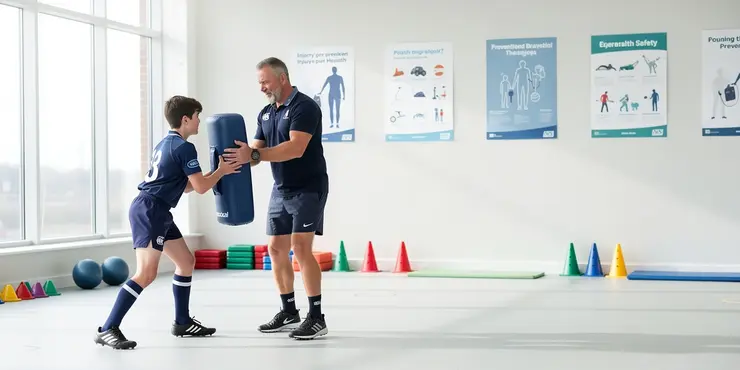
How can concussions be prevented?
Relevance: 40%
-
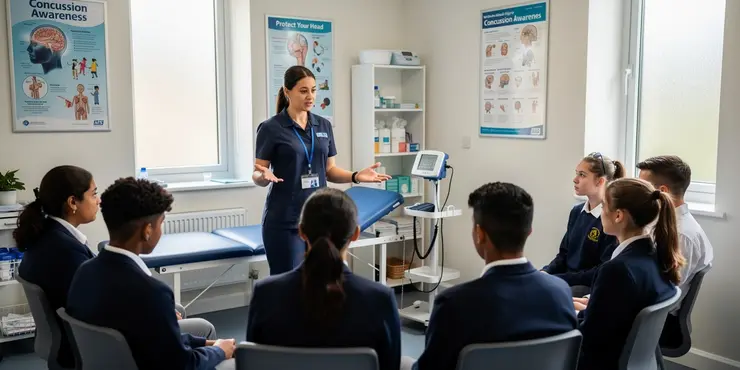
What role do schools play in managing concussions?
Relevance: 40%
-
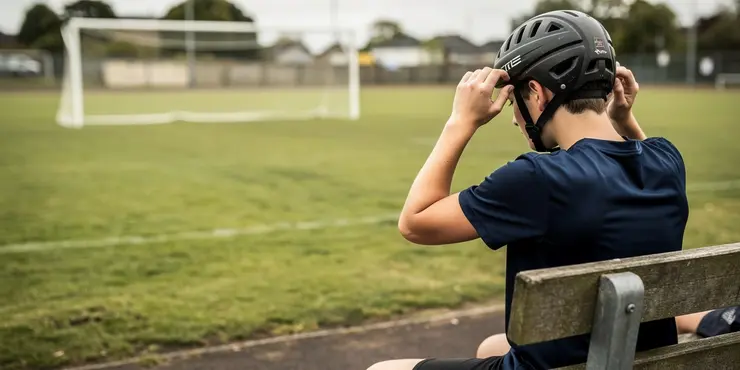
How can concussions be prevented?
Relevance: 40%
-

How is a concussion diagnosed?
Relevance: 38%
-
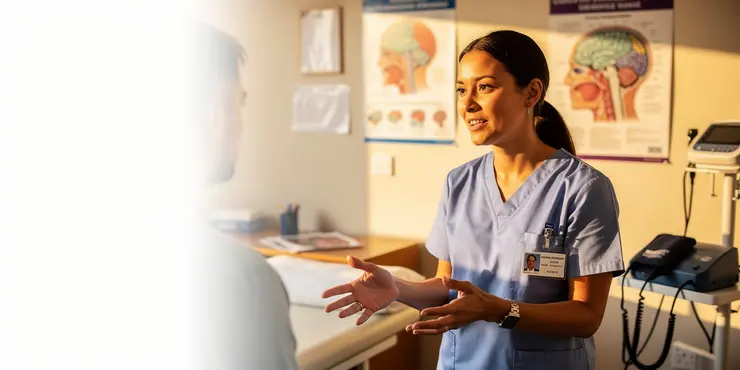
When is it safe to return to normal activities after a concussion?
Relevance: 38%
-

Can a concussion cause memory problems?
Relevance: 38%
-

When is it safe to return to normal activities after a concussion?
Relevance: 38%
-

Is it safe to sleep after a concussion?
Relevance: 37%
-
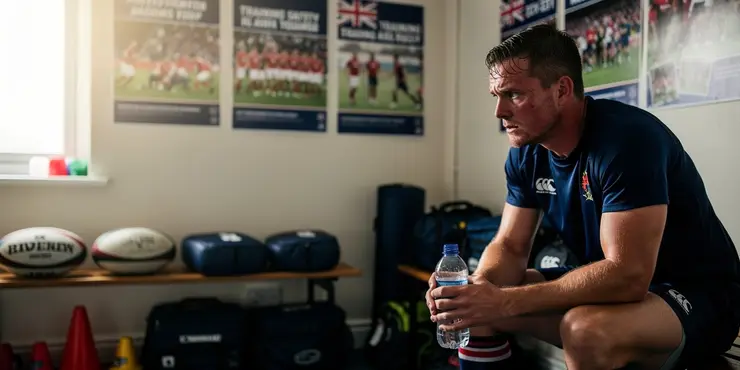
Is there a protocol for managing concussions in rugby?
Relevance: 37%
-
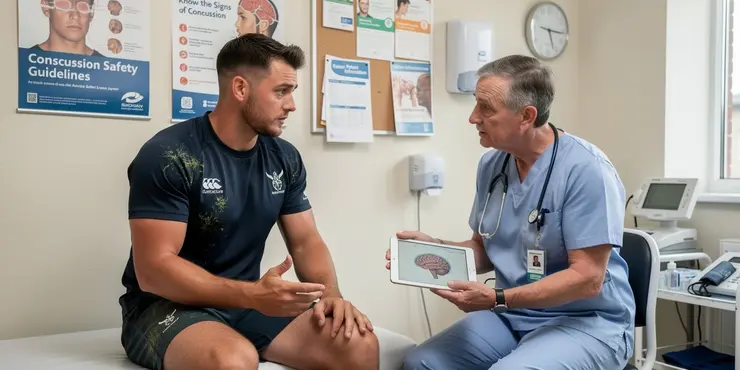
Are helmets required in rugby to prevent concussions?
Relevance: 36%
-

Can concussions lead to mental health issues?
Relevance: 36%
-
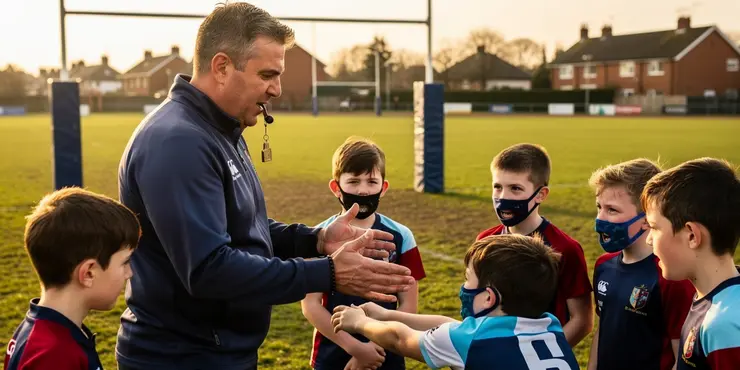
How can concussions be prevented in rugby?
Relevance: 35%
-
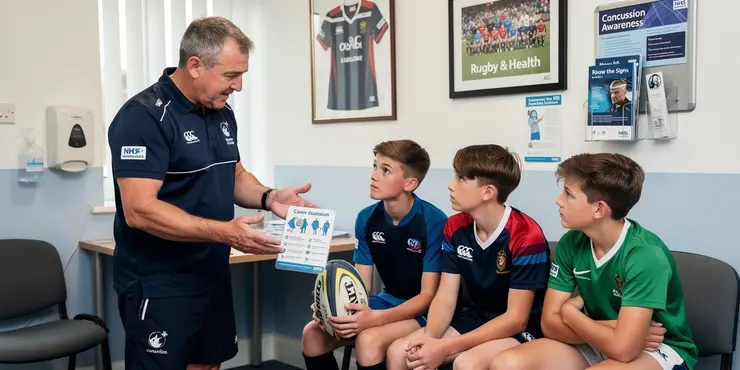
Is there a difference in concussion rates between amateur and professional rugby?
Relevance: 34%
-
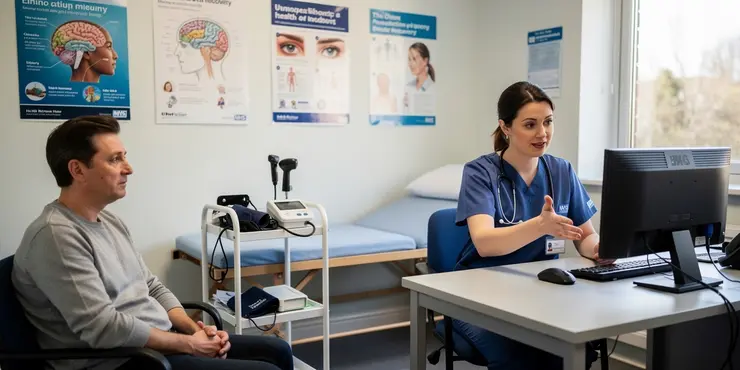
Should people with a concussion avoid screens and technology?
Relevance: 34%
-

What are common symptoms of a concussion?
Relevance: 33%
-
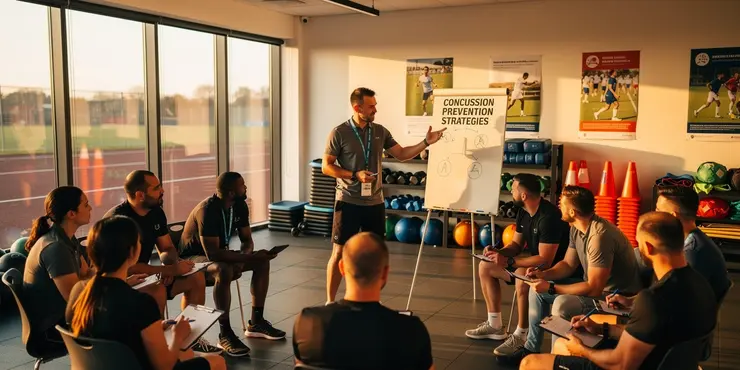
Is training available for coaches to help prevent concussions?
Relevance: 33%
-

What support is available for rugby players who suffer concussions?
Relevance: 31%
-

Are children more susceptible to concussions than adults?
Relevance: 31%
-

What are head lice?
Relevance: 30%
-

Can players return to play on the same day after a suspected concussion?
Relevance: 30%
-
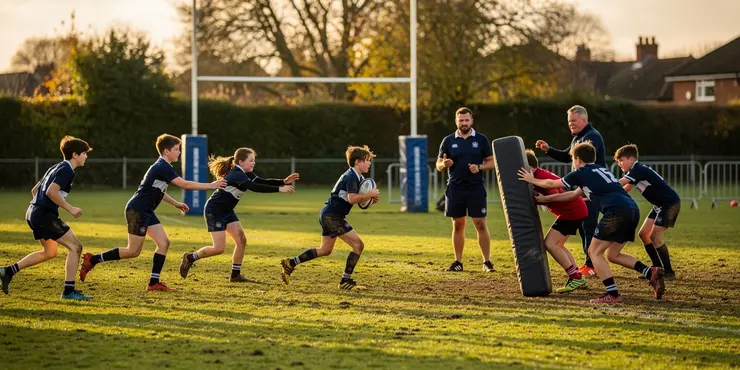
What age groups are most at risk for concussions in rugby?
Relevance: 30%
-

What immediate steps should be taken if someone has a concussion?
Relevance: 28%
-

Head and Neck Cancer Diagnosis
Relevance: 25%
-

Are nits and head lice the same thing?
Relevance: 25%
-
Can baby sleep pillows prevent flat head syndrome?
Relevance: 24%
-
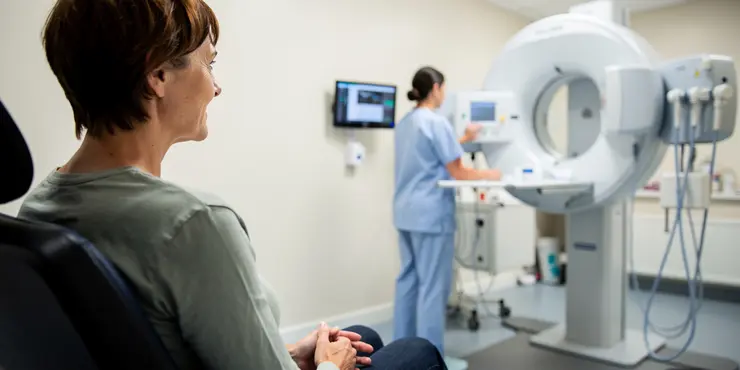
Radiotherapy to the Head and Neck: A Guide for patients and their carers
Relevance: 23%
-
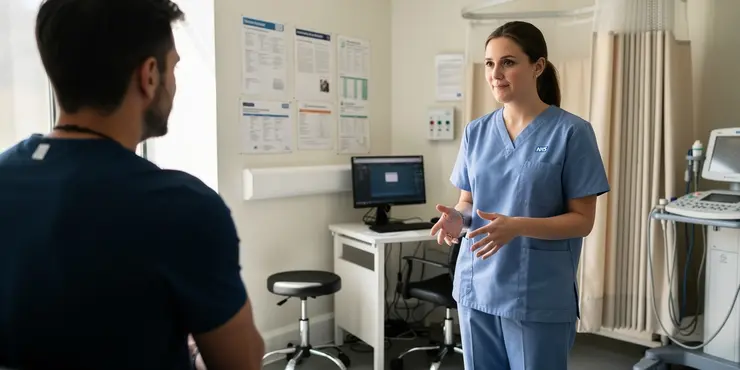
Can I set up direct debits with Monzo or Revolut?
Relevance: 22%
-

Will students receive the payment directly into their bank accounts?
Relevance: 21%
-

Royal Berkshire NHS Foundation Trust: Radiotherapy for head and neck cancers
Relevance: 21%
-

How to apply wet wrap bandaging to the head and face area.
Relevance: 21%
Understanding Concussions: Can They Occur Without a Direct Blow to the Head?
Introduction
A concussion is often associated with a direct impact to the head, but it is crucial to recognize that concussions can occur without a direct blow. In the UK, where awareness and management of concussions in sports and other settings are increasingly a concern, understanding the broader causes of these brain injuries is essential for effective prevention and care.The Mechanics of Concussions
Concussions are a type of traumatic brain injury (TBI) caused by an acceleration-deceleration motion that results in brain movement inside the skull. This motion can cause the brain to twist or stretch, leading to cellular damage and disruption of normal brain function. Importantly, this injury mechanism does not necessarily require a direct impact to the head.Causes Beyond Direct Impact
1. **Whiplash Injuries**: A classic example is a whiplash injury, common in car accidents. Here, the sudden back-and-forth movement of the neck can cause the brain to move violently within the skull, leading to a concussion. 2. **Falls and Body Blows**: Even in sports or physical activities, a fall or a heavy collision involving the body's core can produce enough force to result in a concussion. This is particularly relevant in contact sports, where impacts to the body can be transmitted to the head indirectly.Implications for Diagnosis and Management
Acknowledging that concussions can occur without a direct head blow is important for diagnosis. Medical professionals should consider symptoms of concussion after incidents like whiplash or falls, even if the head was not directly impacted. Symptoms can include headaches, dizziness, confusion, and memory problems, which need careful medical assessment regardless of the cause.Conclusion
In the UK, increasing awareness regarding the non-direct causes of concussions is vital, especially in sports, workplaces, and everyday life. Understanding that concussions can arise from indirect forces enhances prevention strategies and ensures that those affected receive appropriate care promptly. By considering the full spectrum of potential concussion causes, health professionals and individuals alike can better protect brain health.Understanding Concussions: Can They Happen Without a Hit to the Head?
Introduction
A concussion is often thought to happen if you hit your head. But, did you know it can happen without a hit to the head too? In the UK, people are caring more about concussions, especially in sports. It is important to know all the ways this can happen to keep everyone safe.How Concussions Happen
A concussion is a type of brain injury. It happens when the brain moves quickly inside the skull. This can make the brain twist or stretch, and that hurts the cells in the brain. This can happen even without hitting your head.Other Ways Concussions Can Happen
1. **Whiplash Injuries**: Whiplash can happen in car accidents. The neck moves back and forth quickly. This can make the brain move inside the skull and cause a concussion. 2. **Falls and Body Hits**: In sports or when playing, falling down or getting hit hard can cause a concussion. The whole body's hard hit can make the brain move, even if the head wasn't hit directly.Why This Is Important for Doctors
Knowing that concussions can happen without a head hit is important. Doctors need to look for concussion signs if someone has a whiplash or falls, even if the head wasn’t hit. Signs can be headaches, feeling dizzy, confused, or having trouble remembering things. These need to be checked by a doctor to get help.Conclusion
In the UK, it's important to know that you don’t have to hit your head directly to get a concussion. This is true in sports, at work, or in life. Knowing more helps us stop concussions from happening and helps everyone get the care they need. If we learn all the ways concussions can happen, we can better protect our brains. **Helpful Tip**: If you think you or a friend has a concussion, always tell an adult or see a doctor right away.Frequently Asked Questions
Can a concussion occur without a direct blow to the head?
Yes, a concussion can occur without a direct blow to the head. It can happen when the body is subjected to a force that causes the brain to move rapidly within the skull, such as whiplash.
How can a concussion happen without hitting your head?
A concussion can happen if the body experiences a sudden jolt or impact, such as during a car accident or sports tackle, causing the brain to move inside the skull.
What are common causes of concussions without head impact?
Common causes include whiplash injuries from car accidents, falls where the head isn’t directly struck, and violent shaking or rotational forces.
Are symptoms of concussions without head impact different?
The symptoms are generally similar, including headaches, dizziness, confusion, and nausea. They can occur whether or not there is a direct head impact.
Can sports activities cause concussions without head contact?
Yes, sports activities can cause concussions from impacts to the body that transmit forces to the brain, such as being tackled or falling hard.
What should I do if I suspect a concussion without head trauma?
If a concussion is suspected, it’s important to seek medical evaluation, rest, and avoid activities that could lead to another injury.
Is it common for concussions to occur without head impact?
While less common than direct head impacts, concussions without head impact still occur in various situations such as car accidents or contact sports.
Why does the brain move during a non-impact concussion?
The brain is suspended in cerebrospinal fluid within the skull. Sudden movements can cause the brain to shift back and forth, resulting in a concussion.
Can car accidents cause concussions even if your head doesn’t hit anything?
Yes, the sudden deceleration or acceleration of a car accident can cause the brain to move inside the skull, resulting in a concussion.
What are the signs of a concussion if no impact occurred?
Signs include confusion, headache, dizziness, nausea, balance problems, and memory issues, similar to concussions caused by head impacts.
How are concussions diagnosed if no head impact happened?
Diagnosis involves evaluating symptoms, reviewing the incident, and sometimes imaging studies to rule out other injuries, even if no head impact occurred.
Can infants or toddlers get concussions without hitting their heads?
Yes, infants or toddlers can experience concussions from falls or being shaken, even if their head does not directly hit a surface.
Are concussions without direct head injury dangerous?
Yes, they can be just as serious as those from direct head impacts and require proper medical evaluation and care.
How long does recovery take from a concussion without head contact?
Recovery time varies but generally includes rest and gradual return to normal activities, similar to recovery from head-impact concussions.
Can repetitive motions lead to concussions without head impact?
Repetitive motions themselves are unlikely to cause concussions, but sudden or forceful motions can, if the brain is jolted within the skull.
Can you get a concussion without hitting your head?
Yes, you can get a concussion even without hitting your head. This can happen if your body takes a strong hit that makes your brain move quickly inside your skull, like when you get whiplash.
If you find reading hard, try using tools that read text out loud or highlight the words as you read them. These can help make the information easier to understand.
How can you get a concussion without hitting your head?
A concussion is when your brain gets hurt. You can get a concussion even if you don't hit your head. This can happen when your body moves quickly and suddenly stops, like in a car crash.
To help understand, you can:
- Look at pictures or videos about concussions.
- Talk to someone who knows a lot about it, like a doctor.
- Read simple books or listen to stories about it.
A concussion can happen when your body gets a big bump or hit. This can be from a car crash or playing sports. The bump makes your brain move inside your head.
What can cause a concussion without hitting your head?
Sometimes, you can get a concussion without hitting your head. This can happen when your body moves very fast and then stops suddenly, like in a car crash. Your brain can get shaken inside your head. That's why it's important to wear a seatbelt in cars.
Another way is through sports, like when you get tackled and your body moves suddenly. Playing safely and using the right gear, like helmets and pads, can help protect you.
If you are worried about concussions, tell a grown-up or coach. They can help keep you safe.
Common causes include getting hurt in a car crash (like when your head is thrown back and forth really fast), falling down without hitting your head, and being shaken really hard or spun around quickly.
Do concussion symptoms change if you don’t hit your head?
The signs are mostly the same. They are:
- Headaches
- Feeling dizzy
- Feeling mixed up
- Feeling sick
These can happen even if you don't hit your head.
Here's a tip: You can use picture cards to help remember these signs.
Can you get hurt in the head from sports without being hit on the head?
Sports can sometimes cause injuries to the head even if you don't get hit directly.
If you can, play safe and wear safety gear. Ask a grown-up or coach for help.
Playing carefully and using helmets can help protect you.
Yes, playing sports can sometimes cause head injuries. This can happen if you get hit or fall down hard. The force from these hits can hurt your brain.
What should I do if I think I have a concussion but didn't hit my head?
If you feel dizzy, confused, or have a headache, you might have a concussion. You don't always need to hit your head to have one.
Here are steps you can take:
- Tell an adult or someone you trust right away.
- Rest and avoid activities that make you feel worse.
- Visit a doctor to get checked out.
- Use a calendar or reminder app to keep track of how you feel each day.
These can help you feel better:
- Find a quiet place where you can relax.
- Drink plenty of water.
- Avoid screens like TV, phone, or computer.
If you think someone has a concussion, it’s important to see a doctor. They should rest and not do things that could cause another injury.
Can you get a concussion without hitting your head?
Sometimes, people get hurt in their head even if they don't hit it. This can happen in things like car crashes or when playing sports.
Why does the brain move in a non-impact concussion?
Your brain can move inside your head even if nothing hits it. This is called a non-impact concussion.
Sometimes, things like fast running or a quick stop can make your brain move. The brain floats in liquid inside your head, and when you move fast, it can shake.
If you get dizzy, see blurry, or have a headache, tell a grown-up. They can help you feel better.
The brain floats in a special liquid inside your head. If the head moves quickly, the brain can bump around inside, causing a concussion.
Can car accidents hurt your head even if it doesn’t bump into anything?
Yes, car accidents can hurt your head. Your brain can move inside your head if the car stops or crashes. This can cause a concussion.
If you feel dizzy or confused after an accident, tell an adult or a doctor.
It helps to talk to someone if you feel worried. Writing down what happened can also help.
Yes, if a car suddenly stops or goes fast, the brain can move inside the head. This can cause a bump on the brain called a concussion.
What are the signs of a concussion if you did not hit your head?
A concussion can happen even if you do not bump or hit your head. Here are some signs to look for:
- You might feel dizzy.
- You could have a headache.
- Things might seem blurry or hard to see.
- It could be tough to remember things.
- You may feel tired or sleepy.
- Light or noise might bother you more than usual.
If you think you have a concussion, tell an adult and see a doctor.
To help, you can try:
- Resting in a quiet place.
- Turning off bright lights or loud noises.
- Asking someone to help you remember things.
Signs you might notice are feeling confused, having a headache, feeling dizzy, feeling sick in your tummy, having trouble standing or walking, and forgetting things. These things can happen when you hit your head.
How do doctors know if someone has a concussion without a head bump?
To find out what's wrong:
- We look at the person's symptoms (how they feel).
- We talk about what happened at the time of the injury.
- Sometimes, we use pictures like X-rays to make sure there are no other injuries, even if the head wasn't hit.
If you find it hard to understand, someone can help explain it to you. Using pictures can also make it easier.
Can babies or young children get a concussion without hitting their heads?
Yes, babies and young children can get a bump on the head called a concussion. This can happen if they fall or are shaken. It can happen even if their head doesn't hit anything.
Can you get hurt if you have a concussion without hitting your head?
Yes, they can be just as bad as hits directly to the head. It's important to see a doctor and get the right care.
How long to feel better after a bump on the head without hitting it again?
When you have a bump on your head, it can take time to feel better. This is called a concussion.
To feel better:
- Rest and stay away from screens (like TV and phones).
- Sleep well at night.
- Go back to school or work slowly when you feel ready.
- Tell someone if you feel dizzy or have a headache.
Most people feel better in a few days or weeks. If you don't feel better, ask to see a doctor.
How long it takes to get better can be different for everyone. You need to rest and slowly start doing your usual activities again, just like you would if you hurt your head.
Can doing the same movement again and again cause a concussion if you don’t hit your head?
Doing the same thing over and over probably won't hurt your brain. But if your head gets a hard bump or shake, it can hurt your brain inside your head.
Useful Links
This website offers general information and is not a substitute for professional advice.
Always seek guidance from qualified professionals.
If you have any medical concerns or need urgent help, contact a healthcare professional or emergency services immediately.
Some of this content was generated with AI assistance. We’ve done our best to keep it accurate, helpful, and human-friendly.
- Ergsy carfully checks the information in the videos we provide here.
- Videos shown by Youtube after a video has completed, have NOT been reviewed by ERGSY.
- To view, click the arrow in centre of video.
- Most of the videos you find here will have subtitles and/or closed captions available.
- You may need to turn these on, and choose your preferred language.
- Go to the video you'd like to watch.
- If closed captions (CC) are available, settings will be visible on the bottom right of the video player.
- To turn on Captions, click settings .
- To turn off Captions, click settings again.
More Items From Ergsy search
-

Can concussions occur without a direct blow to the head?
Relevance: 100%
-

What is Concussion?
Relevance: 52%
-

Is headache a symptom of a concussion?
Relevance: 47%
-

What causes concussions in rugby?
Relevance: 47%
-

How is a concussion diagnosed?
Relevance: 46%
-

Are Concussions common in Rugby?
Relevance: 44%
-

Is there any way to prevent concussions?
Relevance: 43%
-

Can playing sports increase the risk of a concussion?
Relevance: 43%
-

Is it safe to sleep after a concussion?
Relevance: 42%
-

How do concussions impact long-term health in rugby players?
Relevance: 40%
-

How can concussions be prevented?
Relevance: 40%
-

What role do schools play in managing concussions?
Relevance: 40%
-

How can concussions be prevented?
Relevance: 40%
-

How is a concussion diagnosed?
Relevance: 38%
-

When is it safe to return to normal activities after a concussion?
Relevance: 38%
-

Can a concussion cause memory problems?
Relevance: 38%
-

When is it safe to return to normal activities after a concussion?
Relevance: 38%
-

Is it safe to sleep after a concussion?
Relevance: 37%
-

Is there a protocol for managing concussions in rugby?
Relevance: 37%
-

Are helmets required in rugby to prevent concussions?
Relevance: 36%
-

Can concussions lead to mental health issues?
Relevance: 36%
-

How can concussions be prevented in rugby?
Relevance: 35%
-

Is there a difference in concussion rates between amateur and professional rugby?
Relevance: 34%
-

Should people with a concussion avoid screens and technology?
Relevance: 34%
-

What are common symptoms of a concussion?
Relevance: 33%
-

Is training available for coaches to help prevent concussions?
Relevance: 33%
-

What support is available for rugby players who suffer concussions?
Relevance: 31%
-

Are children more susceptible to concussions than adults?
Relevance: 31%
-

What are head lice?
Relevance: 30%
-

Can players return to play on the same day after a suspected concussion?
Relevance: 30%
-

What age groups are most at risk for concussions in rugby?
Relevance: 30%
-

What immediate steps should be taken if someone has a concussion?
Relevance: 28%
-

Head and Neck Cancer Diagnosis
Relevance: 25%
-

Are nits and head lice the same thing?
Relevance: 25%
-
Can baby sleep pillows prevent flat head syndrome?
Relevance: 24%
-

Radiotherapy to the Head and Neck: A Guide for patients and their carers
Relevance: 23%
-

Can I set up direct debits with Monzo or Revolut?
Relevance: 22%
-

Will students receive the payment directly into their bank accounts?
Relevance: 21%
-

Royal Berkshire NHS Foundation Trust: Radiotherapy for head and neck cancers
Relevance: 21%
-

How to apply wet wrap bandaging to the head and face area.
Relevance: 21%


